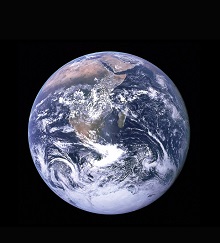
The Stoics, according to author Nancy Sherman (2021), were “our first serious cosmopolitans”, even if Diogenes the Cynic, predating the Stoics by a century, declared “I am a citizen of the world”. What does this mean? From these powerful words of connection arrive a thesis of identity and a thesis of responsibility. On one hand, we are social creatures by nature, depending on each other for cooperation and our common reason both to live a good and virtuous life. In addition, we are part of a much larger universe, not just a nation, not just a family, and our actions must extend outward, as Hierocles suggests, in a set of concentric circles of concern from ourselves to the limits of the cosmos. Early Stoics saw the resulting tempered, even kind behaviors towards enemies, as a natural outcome of our divine logos: that universal divine reason, immanent in nature, yet transcending all oppositions and imperfections in the cosmos and humanity.
This pathway takes you towards more exploration of these ideas in practice, to notable social gatherings of Stoics worldwide, and to stories about true cosmopolitan Stoics in action!
| In order to.... | More specifically... | Consider this |
|---|---|---|
| Embrace the social requirements of living virtue ethics | to avoid isolation, machoism or over-reliance on self | Whiting & Konstantakos (2021), Being Better, Chapter 6 "Put people in circles, not boxes". |
| Understand ramifications of Hierocles concentric circles of connection | To foster empathy, tolerance, justice and wisdom regarding others in the world. | N. Sherman (2021) Stoic Wisdom Chap 5 Stoic Grit and Resilience https://medium.com/stoicism-philosophy-as-a-way-of-life/stoic-cosmopolitanism-ideal-state-or-individual-ethics-9efbd6f35b19 |
| Find community of Stoics | Foster and support active participation in fostering virtue and moral progress | Under construction |